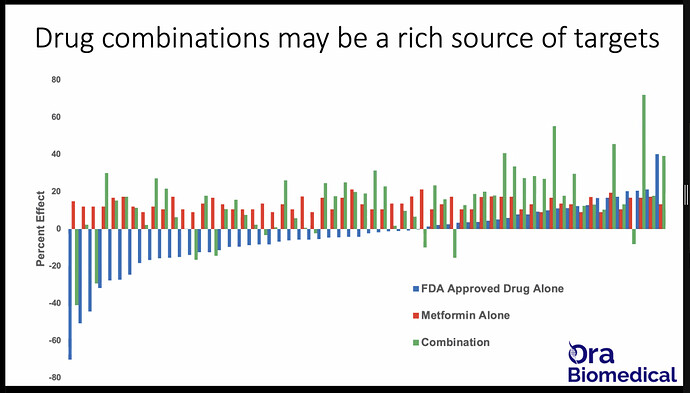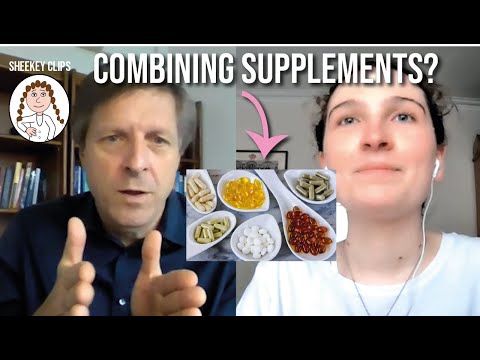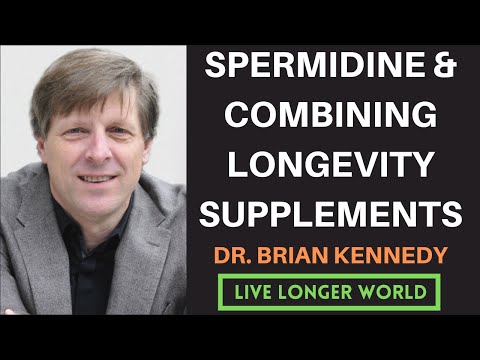I’d like to see sources on this. I do breath hold exercises a couple of times a week (no more than a1 ¼ mins.) thanks for the insight.
Great post. Very thorough. I will share. Thanks.
@John_Hemming Thanks. This is very interesting. I used to do Wim Hof breath holds, and also used to enjoy/dread CO2 tolerance training. I exercise every day but don’t do max breathing level exercise very often, so I don’t think I’m getting hypoxic. This post has convinced me to re-start my CO2 tolerance training.
As a ex-mountaineer & track/crit racer, I have spent a lot of time (more than most people, anyway) in a hypoxic state. I heard from Phil Maffetone that it’s a thing in running to breath-hold after doing intervals; people often pass-out. I do not plan to be so extreme.
Its complicated because there is the oxygen dissolved in blood serum and also that carried in haemoglobin. I would not wish to guess what would happen with a breath hold. Obviously at a point it would cause a variation in the partial pressure in the mitochondria, but whether it would be long enough to impact on HIF signalling is something probably best identified via experiment.
This issue of mixing many different longevity drugs and supplements has been discussed before (and the potential for negative interactions from different drugs and supplements).
As can be seen by this slide from Matt Kaeberlein’s Ora biomedical presentation - the green lines going down (indicating a reduction in lifespan) do happen with some frequency in the initial testing that they have done in nematodes/worms:
If anyone is interested in this topic - I recommend you review this thread:
and a related thread: Do we have any data about what drugs shouldn't be combined? (toxic combinations where 1 + 1 = -1)
Also - Brian Kennedy discusses the issue of combining longevity drugs
The problem is that without a mechanism for the underlying causes of age based diseases and combinatory trials are basically guesses at random.
Maybe we should think about this topic by way of how nutrients are combined in food….hopefully it doesn’t mean certain foods should be avoided just because of the nutrient combination.
For my personal use, I will not worry about foods or other natural sources of nutrients. I am only concerned about synthetic chemicals (and unknown chemicals included) and of concentrated, supra physiologic doses. In other words, I worry about supplements.
On the other hand, here is an example of a longevity benefit that only shows up in older mice with a combined drug application.
Metformin plus NR (for NAD+)
Metformin plus NR extend life in older mice when neither did so alone.
What I’m saying is I don’t think there are too many issues combining supplements in one go.
We only take a supplement if we can’t get enough of what we want from food sources. In food, everything is mixed up anyway.
I feel the only things we need to take care with are full on pharmaceutical interventions.
I would disagree with the argument that there is no need to “take care” with supplementing. Just because something is available over the counter does not mean that one should not take care about how much to take, what to take it with, what not to take it with and when to take it.
That also goes for food which needs some careful consideration.
Even looking at Taurine, Beta Alanine and I think Glycine has a timing issue where if you take Taurine and Beta Alanine at the same time there is a conflict on the transporter.
Sure, it might not be cost effective if two compounds are competing for one transporter, but for example, we don’t go extracting each amino acid out of a steak and spread throughout the day, we just eat the steak in one go, as we do with all other meals.
Any supplement consumed in excess is likely to be detrimental at worst or just a waste of money. The dose makes the poison. I think everyone on this forum has the common sense not to massively overdo any one supplement.
Where issues may arise over and beyond non-sensical dosage levels are with synthetic pharmaceuticals imho.
Not being in any way an expert on this subject I will leave it there.
I agree that people do tend to just eat food and let the body cope. However, that does not mean this is the optimal way of doing things.
For food, for example, there is good evidence that glucose processing in the morning is better than the afternoon. Hence eating a big breakfast followed by smaller meals may actually be better in the long term.
However, when it comes to social relationships these tend to be maintained over later dinners. So a number of factors come into play.
One hundred percent.
We are just brainwashed that social relations are better maintained over later dinners. We are brainwashed about many things.
Since beta-alanine is produced naturally in the body, I can’t see any reason to take it at all.
My own survey of the literature concerning beta-alanine indicates it has no reason to be on anyone’s top 10 list of supplements. May be of some use to endurance athletes, but other than that, meh.
I can find very few supplements where more is better other than glycine and perhaps melatonin. Keeping the supplement list down probably prevents the number of adverse combinations. The presentation referenced by Joseph_Lavelle certainly gives some food for thought regarding the benefits of some combinations of supplements. When I see something like this it seems like there is some corollary lurking out there where some combination of “good” supplements actually causes a shortening of life span.
What I’m saying is I don’t think there are too many issues combining supplements in one go.
We only take a supplement if we can’t get enough of what we want from food sources. In food, everything is mixed up anyway.
I feel the only things we need to take care with are full on pharmaceutical interventions.
The difference between food based nutrition and supplements is that the supplements can be much higher concentration and dosing. And the difference between supplements and drugs is really a legal definition - its not a functional difference or chemical difference. These are all just chemicals, so its an artificial distinction to talk about drugs and supplements at a functional level.
Sometimes, supplements are reclassified as drugs (as was recently done with NMN). And there aren’t any foods that we regularly eat that have 500mg or 1g of NMN in it, so at the types of doses that people are likely using its probably doing “something”.
All of this suggests to me that we have to be conscious that there may be negative interactions between drugs and / or supplements, and its probably not a bad idea to have a plan for how we are doing to try to identify those negative interactions as soon as possible (via testing).
Most of the longevity scientists I talk to think people are way, way premature (given the evidence) in terms of taking high numbers of supplements and longevity drugs. So many of us here are pushing the envelope.
All of this suggests to me that regular (perhaps monthly and at least quarterly) blood testing to track ongoing results is potentially of great help in terms of identifying potentially negative interactions between the drugs and supplements we are taking.
I agree that taking many drugs at the same time is pushing the envelope, and dramatically increases the likelihood of making a mistake. I think the questions are:
(1) how big of an effect will my mistake will have on my health? (hopefully so small that detection will be hard but not too hard)
(2) is the negative effect reversible? (the answer is probably connected to how fast I fix it, but what if the cause was a change in my body due to increased life stress or a virus that lowered my tolerance for my drug stack?)
(3) how will I know how to react? (in other words, am I keeping sufficient records of intervention timing / doses / quality vs changes in outcomes: blood markers, functional markers, how I feel? How will I avoid the mistake of adding another drug to deal with a symptom I created?)
I need to up my game here.
One simple rule I will implement now is to have only 10 drugs (the exact number TBD). The idea is this: I have to choose which drug to stop if I want to add a new drug. This provides friction to the slippery slope, casual addition of a new drug, while only losing the possible positive effect of an 11th drug.
What’s the groups opinion on the right number? 10, 15, 20?
Maybe we should all be tracking diet, supplements/meds, and biomarkers meticulously and doing regression analysis like Mike Lustgarten. If 1000 people were doing it and making their data and analyses public (correctly, I hope, I guess he is using MS Excel and most of us probably have that or equivalent), we’d probably learn something useful.


